
How did you get started in music? How did you become a guitarist singer? What started
it all?
In Britain during 1956/7/8 there was a folksong revival movement happening
at the same time as a singer called Lonnie Donegan had pop chart hits with old American
folk songs played in “Skiffle” style. Also the emergence of Rock n Roll made it possible
for young people to buy a cheap guitar and I guess that’s what started it all!!
Skiffle
being a kind of busking Jugband Music played in the US in the 30’s and 40’s as a
way of collecting money to pay the rent etc!
Exposure to this music in the charts led me and my young friends into investigating
the roots of the music and then becoming obsessed with all the old blues records
of the 30’s and 40’s.
Then seeing such players as Big Bill Broonzy and Muddy Waters in London where I live
I was inspired to try to learn how to play that music on my old cheap guitar.
Also
I had heard Bluegrass music on the Radio and also decided to try to play the 5 string
banjo.
Being a “working class” boy with little education or profession I took up the life
of the Troubadour -
On returning
to England I, guess by chance, I found myself playing gigs in Folk Clubs – this was
around 1963.
Who have you played for?
What sort of music do you like to write, and what do you
prefer to play?
Most of my life I have played solo but I started out with my own
little band playing Skiffle and Country music and then after the busking years I
played bluegrass music with a banjo player called Pete Stanley and later with my
wife in the band “Lazy Farmer”
These days I sometimes play with my son Simeon who
plays tenor Sax, Flute and Blues Harmonica.
Although I have written few songs I see myself best as an interpreter of other people’s
material and so my repertoire is very eclectic.
What do you do when you’re not touring?
What are your tour plans for 2009 and after?
Now that I am 70 years old most of my leisure time is spent on the computer!!
Looking
for gigs and having fun with my website.
Plans for next year, as always are to do
more gigs!
Perhaps to make a new recording.
About You and Rod
I first met Rod Stewart around 1960 on the London Soho jazz club
scene. His clothes and hairstyle in those days were indicative that he was a “Mod”
and not a “Bohemian” or “Beatnik” as myself and my friends liked to think we were!
And here I’m afraid I have to disappoint you when I say that I probably only played
once with Rod -
I have to disappoint you again when I say that we never travelled together!! I think
he might have seen me in Paris but the legends that are told about us being in Spain
are all untrue (Rather like the story that Keith Richards tells of my having showed
him some blues guitar licks when he was at college…maybe I did, but I don’t remember!)
I am honoured that Eric Clapton also mentions me but I never knew him though I am
told that he used watch me and my friends playing in London sometimes.
Sometimes
these stories are told so many times in the music press that in the end I start to
believe it all myself!!
What about your tour in France (Have you had problems with police for vagrancy)?
Yes
my busking trips were always quite dangerous but exciting and I would often find
my self in a Police cell both in England and France!!
Rod had talent as a musician? Can you give us your opinion of Rod's voice at this
time?
I remember thinking when Rod’s first solo recordings were released how brilliantly
he had used the folk and blues influence in his arrangements and how great his soulful
voice sounded. He seemed to have done the sort of thing with the music that I would
have loved to do!
Today, what are the titles from Rod that comes closest to your
musical universe?
I think I still like best his album “Every Picture Tells A Story”
which to me at the time seemed perfect.
Are you still in contact with Rod?
No – I
think we’ve met twice since those early days. Once at a Folk Club gig in London when
the guest artist was Derroll Adams and maybe by chance one evening in a pub!
I faintly
remember joking with him saying “You have got to stop mentioning my name in interviews
– you’re turning me into a legend!”
About You and guitar
Did you teach yourself or take lessons?
Yes I taught myself
listening to records and watching other players and later with some help from guitar
tablature books
Which type of guitar is the one you like to play the most?
I only
have one guitar these days. A 1963 American Epiphone Texan which I bought in 1967.
I have got used to playing this one so I am most comfortable with it!
Who are some of your favorite guitarists?
My favourite guitar players in Britain
are John Martyn ,Steve Tilston, Richard Thompson and Bert Jansch.
I also love J J
Cale and Stevie Ray Vaughan!
Have you any advice for beginner guitarists?
My advice to beginner guitarists would
be to practice at the beginning for not too long at a time but REGULARLY! Also to
go to gigs and watch other players and try and get together with other musicians
as much as you can.
What are your future plans ?
I guess to carry on playing and perhaps recording a new album some time – but nothing
definite yet!
I know you play in France in April, this has worked well? welcome has good?
It was
a great gig in Gennevilliers in Paris and probably I will play there again some time
next year. Apart from a couple of Tours in Brittany in the 1970’s I haven’t played
professionally in France.
Did you one day play in the south of France near Marseille?
In the South only in
my busking days (Yes I busked in Marseille around 1961 en route for Morocco).
Can you say (write) a word in French for readers Forum “Rod Stewart on Air Website”
“Pendant les années 60 je m'habillais comme un “Beatnik” négligé, cheveux longs ébouriffés
et jeans étriqués pendant que Rod était à la dernière mode.
Nous nous croisions à
l'occasion dans les pubs du Soho de Londres, et une fois à Paris. Et puis un jour
mon vieux copain Long John Baldry demanda à Rod de rejoindre son groupe de blues,
et c'est là que je réalisai quel grand chanteur il était en train de devenir.
Bravo
Rodney!” (Wizz Jones – 2009)”
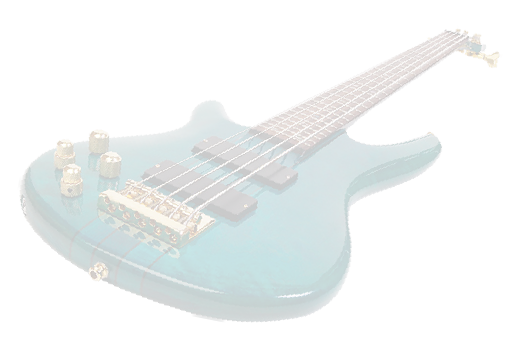
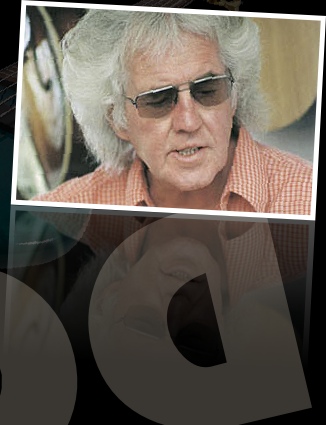

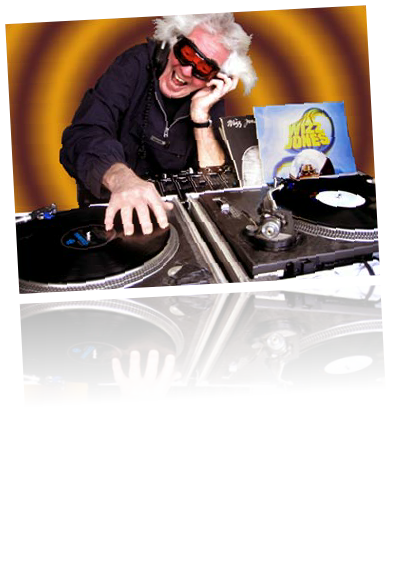
Wizz Jones britannic folksinger in sixties
Youtube by Lupine22
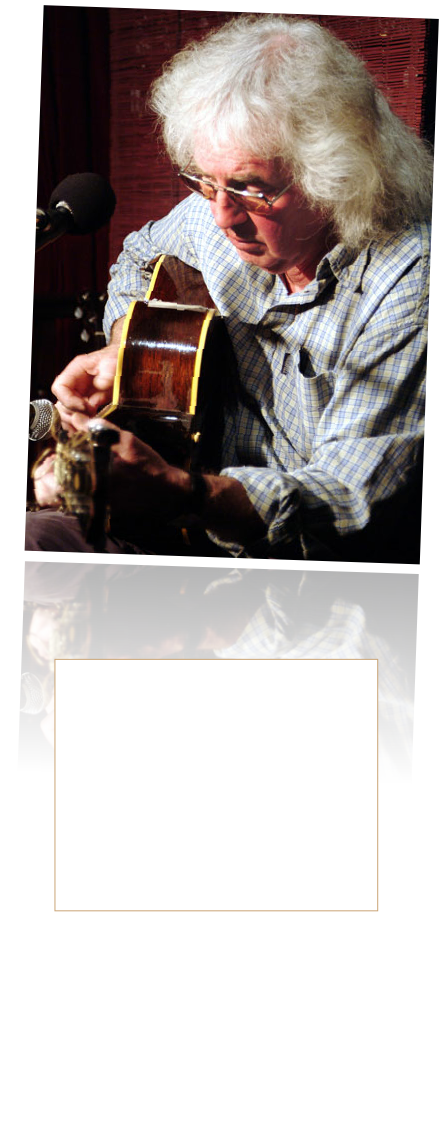
Comment as-
En Grande-
Le
Skiffle est une musique de rue jouée aux États-
Cette musique diffusée dans les charts m’a conduit moi et mes jeunes amis dans la
recherche des racines de cette musique, puis d’en devenir obsédé au point de dénicher
tous les disques de blues anciens des années 30 et 40.
Puis, voyant les joueurs tels que Big Bill Broonzy et Muddy Waters à Londres où je
vis, je me suis inspiré pour essayer d'apprendre à jouer cette musique sur ma vieille
guitare pas chère.
J’ai aussi découvert la musique Bluegrass à la radio et j’ai également
décidé d'essayer de jouer du banjo à 5 cordes.
Etant issu de la classe ouvrière avec peu d'éducation et pas de profession, j'ai
endossé la vie de troubadour, en gagnant de l’argent dans les rues et les cafés de
Londres, puis plus tard, vers les îles britanniques et, enfin, à voyager à travers
l'Europe et l'Afrique du Nord.
De retour en Angleterre, je, crois, par hasard, je
me suis retrouvé à donner des concerts dans les clubs folk -
Pour qui as-
Quel genre de musique aimes-
La plupart de ma vie, j'ai joué en solo, mais j'ai commencé avec mon propre groupe
à jouer un peu de Skiffle et de Country, puis après les années musicien ambulant,
j’ai joué de la musique bluegrass avec un joueur de banjo appelé Pete Stanley et
plus tard avec ma femme dans le groupe "Lazy Farmer". Aujourd’hui, je joue parfois
avec mon fils Siméon qui joue du saxophone ténor, de la flûte et de l’harmonica blues.
Bien que j’aie écrit quelques chansons, je me vois mieux comme un interprète de morceaux
d'autres personnes, ainsi mon répertoire est très éclectique.
Que fais-
Quels sont tes projets pour les années
à venir ?
Maintenant que je suis âgé de 70 ans la plupart de mon temps libre est consacré
à l'ordinateur!
J’assiste à des concerts et je m’amuse avec mon site.
Les projets pour
l'année prochaine, comme toujours, sont de faire plus de concerts!
Peut-
À propos de toi et Rod ?
J'ai d'abord rencontré Rod Stewart aux alentours de 1960
sur la scène londonienne du Soho club de jazz. Ses vêtements et sa coiffure à ce
moment montraient qu'il était un "Mod" et non pas un "bohème" ou "Beatnik", comme
moi et mes amis se plaisaient à penser que nous étions!
Et là, je crains que je ne
doive te décevoir quand je te dis que j'ai probablement joué seulement une fois avec
Rod -
Je dois te décevoir à nouveau quand je dis que nous n'avons jamais voyagé ensemble!
Je pense qu'il aurait pu me voir à Paris, mais les légendes qui racontent que nous
sommes allés en Espagne sont fausses (Un peu comme l'histoire à propos de Keith Richards
qui raconte que je lui ai montré quelques riffs de guitare blues quand il était au
collège ... peut-
Je suis honoré qu’Eric Clapton mentionne également mon nom, quand on me dit qu'il
est venu nous regarder mes amis et moi, jouer à Londres, parfois mais je ne l'ai
jamais su si tel était le cas.
Parfois, ces histoires sont racontées tant de fois
dans la presse musicale qu’à la fin je commence à croire tout cela moi-
Qu'en est-
Oui mes voyages en tant que musicien ambulant étaient toujours très
dangereux mais passionnants et je me suis souvent retrouvé en cellule de police à
la fois en Angleterre et en France!
Rod avait du talent en tant que musicien ? Peux-
Je me souviens avoir pensé lorsque ses premiers disques
solos sont sortis, avec quel brio il avait utilisé ses influences folks et blues
dans ses arrangements et la façon dont sa voix émouvante sonnait. Il semblait avoir
fait le genre de choses avec la musique que j'aurais aimé faire moi-
Aujourd'hui, quels sont les titres de Rod qui se rapprochent le plus de ton univers
musical ?
Je pense que j'aime encore et toujours son album "Every picture tells a
story" qui pour moi à l'époque me semblait parfait.
Es-
Non -
Je me souviens vaguement
avoir plaisanté avec lui en disant: "Tu vas cesser de mentionner mon nom dans les
interviews -
À propos de toi et de la guitare
As-
Oui, j'ai appris moi-
Quel type de guitare est celle que tu aimes le plus jouer ?
Je n'ai qu'une seule guitare aujourd’hui. Une Epiphone Texane américaine 1963 que
j'ai acheté en 1967. J'ai pris l'habitude de jouer celle-
Mes guitaristes préférés en Grande-
J'aime aussi J.J. Cale et Stevie Ray Vaughan!
Mon conseil pour guitaristes débutants serait de pratiquer
au début pas trop longtemps, mais régulièrement! Mais aussi d’aller à des concerts
et de regarder d'autres guitaristes. Essayez de jouer avec d'autres musiciens autant
que vous le pouvez.
Quels sont tes projets futurs ?
Je suppose que je vais continuer à jouer et peut-
C'était un super concert à
Gennevilliers en banlieue parisienne et probablement je vais jouer là-
As-
Oui, je gagnais un peu d’argent
à jouer dans la rue et devant les cafés à Marseille autour de 1961 en cours de route
pour le Maroc.
Peux-
“Pendant les années 60 je m'habillais comme un “Beatnik” négligé, cheveux longs
ébouriffés et jeans étriqués pendant que Rod était à la dernière mode. Nous nous
croisions à l'occasion dans les pubs du Soho de Londres, et une fois à Paris. Et
puis un jour mon vieux copain Long John Baldry demanda à Rod de rejoindre son groupe
de blues, et c'est là que j’ai réalisé quel grand chanteur il était en train de devenir.
Bravo Rodney!” (Wizz Jones -
Interview by Scotty -
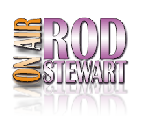
Date : 2011
Label : Sunbeam records
1. Hey Hey/Shuckin’Sugar
2. Sometimes in This Life Are Beautiful
3. Corrine
4. Got The Blues, Can’t Be Satisfied/
Mississippi John
5. Nobody Knows You When You’re Down and Out
6. Moving On Song
7. Burma
8. You’ve Changed/Glory Of Love
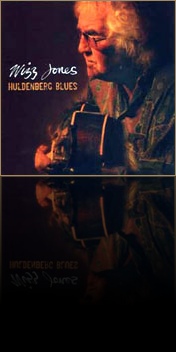
10. National Seven
11. The Father’s Song
12. Keep Your Lamp Trimmed & Burning
13. Massacre At Beziers
14. Angi
15. See How The Time Is Flying/St James Infirmary
16. I Hold No Grudge/Who Will Your Next Fool Be?
17. San Francisco Bay Blues

Wizz Jones « Corrinne »
Youtube by Whittendesigns
Wizz Jones to The Gate To Southwell Folk Festival 2009
Youtube by SIMMO7TS
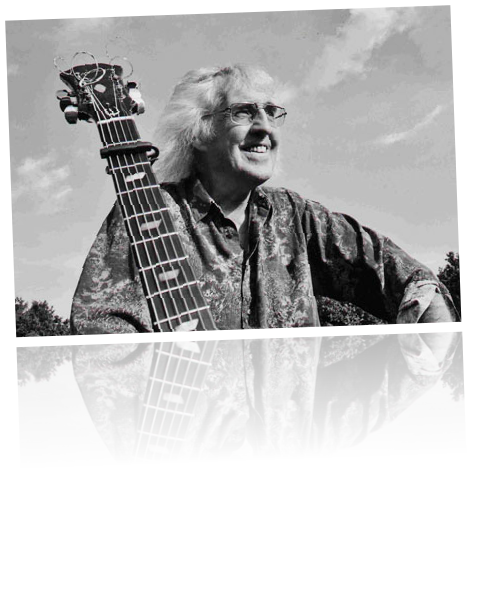
Wizz began his musical career at the age of 18 leading a Country and Skiffle band
called "The Wranglers" in his home town of Croydon, Surrey in 1957. He had been inspired
to take up the acoustic guitar a year or so before this after hearing such guitar
luminaries as Big Bill Broonzy, Rambling Jack Elliot and Muddy Waters playing at
a club in London organized by Cyril Davies and Alexis Korner (The Roundhouse in Wardour
Street). Having learned most of his blues licks from Long John Baldry and Davy Graham
whilst playing in the coffee bars of Soho, Wizz followed the time honoured trail
-
On returning to Britain in the early sixties, Wizz formed a blue-
Wizz and Pete went their separate ways at the end of 1967 and Wizz returned to solo work collaborating with songwriter Alan Tunbridge (an artist friend from the Soho days) and occasionally with guitarist Peter Berryman. He enjoyed considerable success throughout the 70's In Europe and Scandinavia both as a touring soloist and together with his wife Sandy in the group "Lazy Farmer" (the group's album due to be released on CD autumn 2005).
However back in England and several albums later -
It was possibly as a result of Wizz's appearance in this film and the re-
More recordings followed notably on the U.S. based Scenescof label which led to Wizz's
first trip to America (see review "Wizz Jones -
Wizz celebrated his 65th birthday on April 23rd 2004 in London, together with Simeon and guest musicians at The Half Moon Putney and 2006 sees the release of a new DVD featuring Wizz and Simeon playing and talking to Martin Carthy.
With his unique guitar style, an eclectic repertoire and "a right hand worthy of Broonzy" Wizz continues to tour on the acoustic folk and blues circuit
Wizz a commencé sa carrière musicale à l'âge de 18 ans, leader d’un groupe de Country
et Skiffle appelé "Les Wranglers" dans sa ville natale de Croydon, Surrey en 1957.
Il avait été inspiré de prendre la guitare acoustique un an ou deux avant qu’il n’entende
de merveilleux guitaristes tels que Big Bill Broonzy, Rambling Jack Elliot et Muddy
Waters jouant dans un club à Londres, lors d’une soirée organisée par Cyril Davies
et Alexis Korner (The Roundhouse à Wardour street). Ayant appris la plupart de ses
plans de blues de Long John Baldry et Davy Graham tout en jouant dans les bars et
pubs de Soho, Wizz a suivi la piste honorable du musicien ambulant dans toute l'Europe
avec de nombreux musiciens différents, y compris à un moment donné un jeune bluesman
en devenir du nom de Rod Stewart.
De retour en Grande-
Wizz et Pete se sont séparés à la fin de 1967 et Wizz est retourné à un travail en
solo en collaborant avec l'auteur Alan Tunbridge (un ami artiste de l'époque Soho)
et, occasionnellement, avec le guitariste Peter Berryman. Il a connu un succès considérable
tout au long des années 70 en Europe et en Scandinavie en tant que soliste en tournée
et en collaboration avec son épouse Sandy dans le groupe " Lazy Farmer " (l'album
du groupe a été publié sur CD à l’automne 2005).
Cependant de retour en Angleterre
et plusieurs albums plus tard (en dépit d'être souvent cité comme une influence importante
au début par des artistes tels que Eric Clapton, John Renbourn et Ralph McTell) Wizz
conserve une certaine réputation de musicien par les musiciens, mais ne rencontre
pas le succès qu’il mérite. Occasionnellement il donne des concerts dans les clubs
et les festivals d’importance mineure parfois avec son fils Siméon au saxophone,
à l’harmonica et à la flûte. (Comme dit Billy Connolly dans le Documentaire TV "Acoustic
routes" sur Bert Jansch -
C’est le résultat possible
de l'apparition de Wizz dans ce film et la réédition, de certains de ses titres classiques
perdus, pendant les années 90 que Wizz a commencé à profiter d'un come-
Beaucoup
de disques ont suivi notamment grâce au label Scenescof basé aux Etats-
Wizz a célébré son 65e anniversaire
le 23 Avril 2004 à Londres, avec Siméon et des musiciens invités à la Half Moon Putney
et 2006 voit la sortie d'un nouveau DVD avec Wizz et Siméon jouant et parlant à Martin
Carthy.
Avec son style de guitare unique, un répertoire éclectique et "une main droite
digne de Broonzy" Wizz continue de faire des tournées sur les circuits folks acoustiques
et blues.